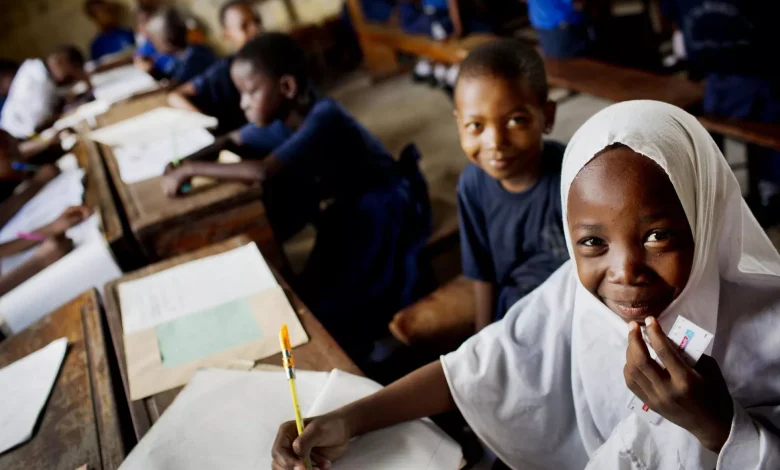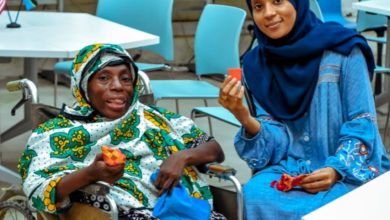COLUMN: STAY INFORMED. Formal education and the realities of life

KIJANA excelled in science subjects during his high school life and felt a strong desire to pursue a career that would help address health-related challenges in society.
He chose to study medical engineering at university, completed his degree successfully and was eager to apply his skills in the job market.
However, he soon discovered that employment opportunities in his field were scarce and highly competitive. He contemplated looking for a wife and starting a family, but realised that in his current state he would not be able to provide for a family.
Frustrated and disheartened, he accidentally stumbled upon a curious problem affecting certain communities-something, strangely enough, to do with butterflies. Intrigued, he seriously considered studying butterfly behaviour, hoping it might lead to a more promising career path.
Something he hopes will finally get him ahead in life after several years of disappointment. Here begins the slippery terrain when formal education meets reality.
At the family level, formal education means different things to different people. For young folks, it often looks like the golden ticket to a decent future and that is steady income (from a job or their hustle), the freedom to invest and even the ability to help others in need.
For parents, an educated child is a walking trophy and a source of pride. Education is today a better inheritance than land, houses, or money that the parents may or may not have.
And while they might not announce it on rooftops, most parents secretly hope that the same educated child will return the favour and take care of them when age starts doing its thing.
ALSO READ: Budget boost drives education success
By the way, did we not read somewhere in the good book that children should honour their parents so that life may be kinder, enjoyable and long?
This simply means that children should not pile money in their bank accounts to wait for their parents to die so that they can bury them in golden coffins.
The parents will already be dead, they won’t see the golden coffin and they don’t care. Globally and at the national level, young people are believed to be key to the efforts to achieve a better world.
However, the definition of a better world happens to be very fluid. Consider for a moment the effects of Artificial Intelligence (AI), the new kid on the block, the force to behold and be reckoned with.
While the effects of AI may not be felt now, it behooves the technosavvy to be proactive and provide guidelines and issue caveats in some areas to alleviate real and imagined fears. Some women feel they might be replaced by robots; no one wants to imagine that.
When baby boomers beseech Jesus to come back now because of AI, you know there’s probably a justifiable concern and fear about what the future holds in terms of humanity vs technology.
As KIJANA grapples with the question of whether he should pursue the butterflies or not, he may need to get closer to communities that may benefit from his education and understand their fears about these creatures. Fear is the greatest obstacle to change.
Once fear is dealt with, change is easily accepted. It may be that nothing needs to be done about the butterflies; rather, it is the behaviour of the human beings in these communities that needs to change.
Communication, which is the convincing power, can then be used to make people appreciate that their culture, beliefs, practices and value systems, while still important, can be tweaked to make them practical and sensible in current circumstances.
KIJANA may find that either (1) he either does not need to change his career or (2) he now has a clear strategy for how to use his butterfly-related education.
The connection between education and the realities of life can never be overemphasised. Which brings us to the gist of this discussion.
Is there a black and white approach that either secures a bright future or leaves you stranded?
The answer is yes, yet also no. Formal education requires being adaptive to a dynamic existence, one where things, ideas and people change every minute.
As we speak, AI is being used to replace humans in several facets of life, so where does formal education come in?
Well, AI coexists with better minds to come up with improved ways of solving life’s never-ending problems. A formal education cannot be ruled out as one of the most important steps any individual can take to better their lives and the lives of others, with some adaptability, of course.
Bottom line – keep learning and unlearning, as even the sharpest uneducated folks need a learned individual to help them navigate through life.





